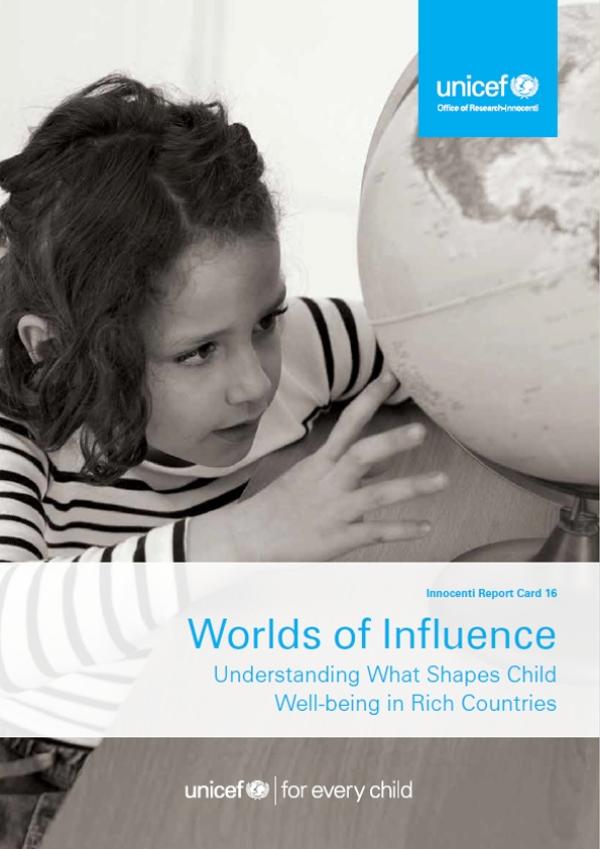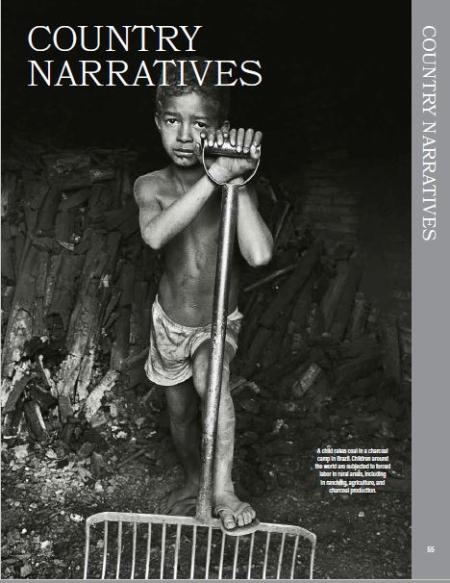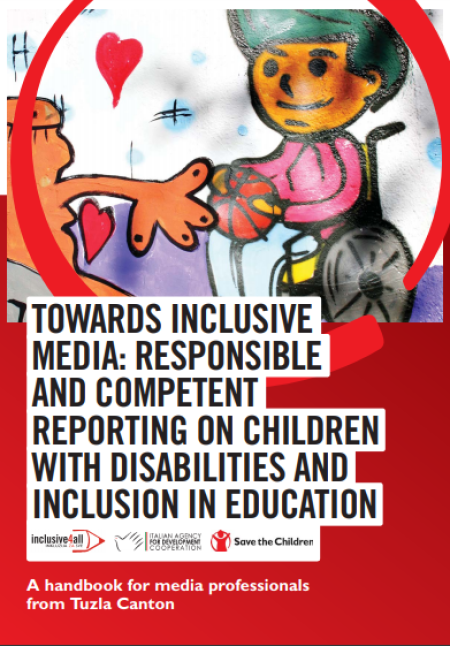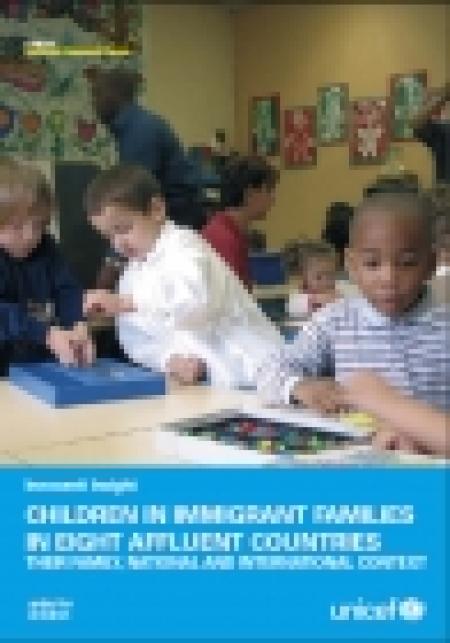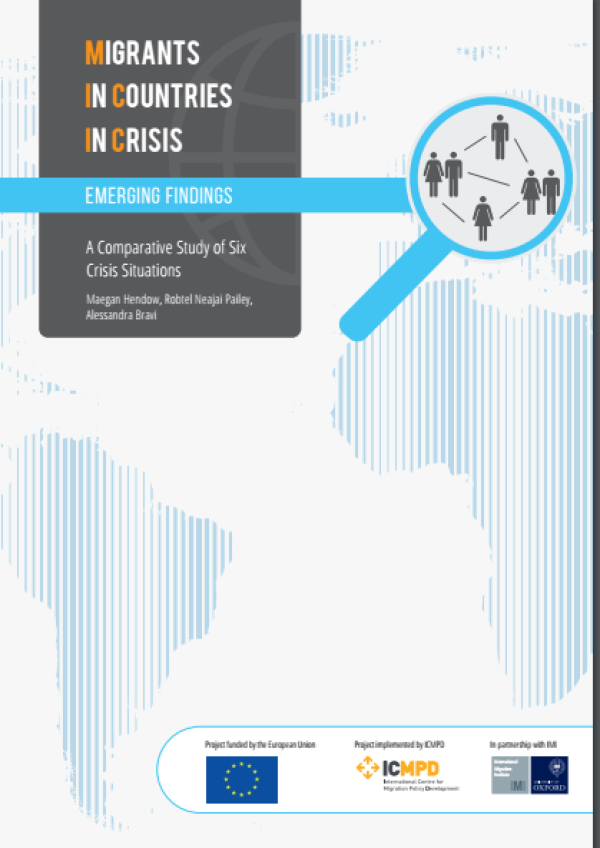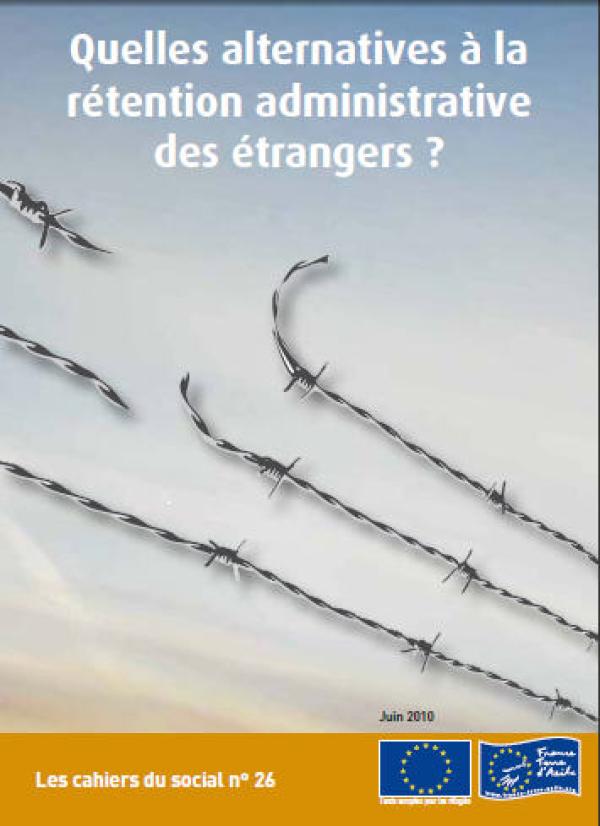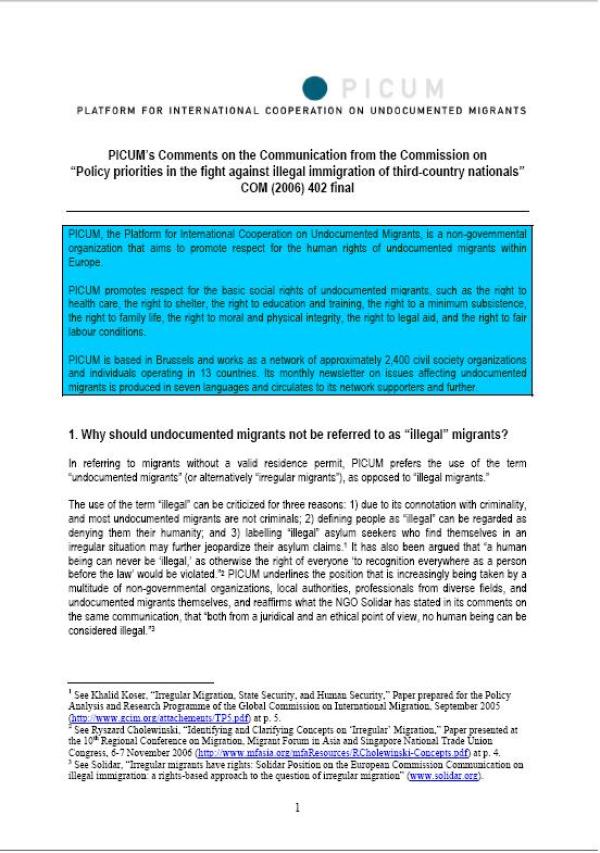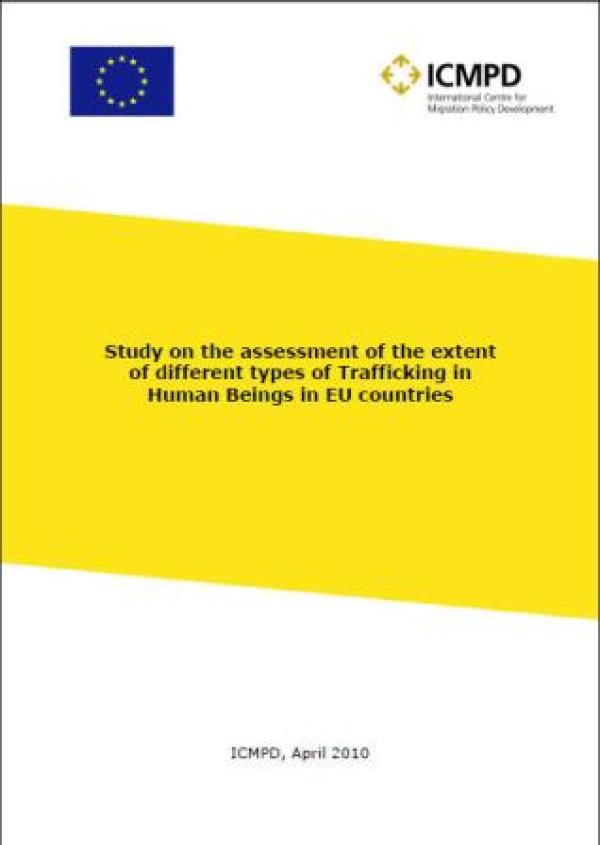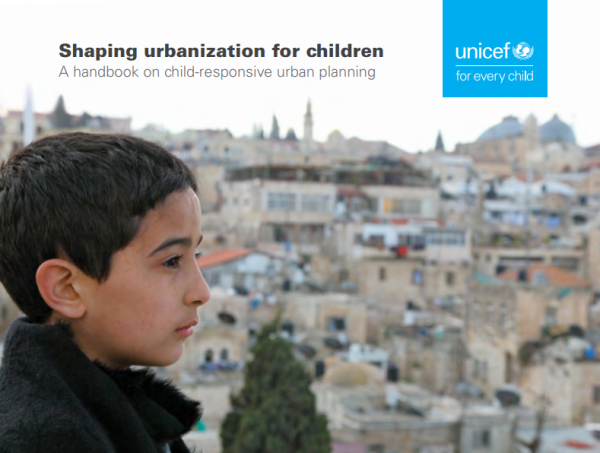
What impacts the way media organizations across Europe report on migration? Does what happens behind the scenes in media organizations affect reporting on migration and migration policies? Rob McNeil, a researcher at the Centre on Migration Policy and Society, discusses the findings of a research project looking at precisely these questions. The project—conducted by the University of Oxford’s Centre on Migration, Policy and Society, the Budapest Business School, and the European Journalism Centre—consisted of interviews with more than 200 journalists and media professionals, and analysed the relationship between media and the phenomenon of migration in nine European countries. In this article, the following key questions are highlighted:
- How journalists across Europe perceive their work;
- How journalists perceive the phenomenon of migration when reporting it in the news;
- The influence of the press in shaping contemporary political and social landscapes.
When it comes to the first question, it has become evident that journalists in different European countries have contrasting conceptions about their profession and the role of journalism as a whole: while a Swedish newspaper reporter will hold a positive opinion on the two points mentioned above, this will not be the case for his/her British counterpart. Furthermore, the two interviewees will adopt different approaches to writing about migration; the Swedish reporter’s work will take a more positive view towards migration, while the UK journalist will focus more on the negative aspects in order to incite “a reaction in readers”.
Writing on migration, in the context of media and newspapers, inevitably raises the issue of bias; national, political and social factors, or the views of the media outlet/newspaper’s editor or owner, may sway how a journalist writes about migration and migrants. Furthermore, certain terminology may be problematic. For instance, in a Hungarian newspaper the term “migrant” will carry a negative, political connotation. In countries such as Spain and Italy, emphasis will be placed on the readers’ emotional reaction to the phenomenon, while in countries such as Germany and Sweden, it may be considered contentious news, and journalists will employ more technical terminology to report the facts and reality as accurately as possible.
Finally, one very important issue raised in the original article is the mutual dependency between the media and the cultural practices of any particular country; certain cultural practises will determine the type of news a journalist is likely to write about and, equally, the news reported on the issue of migration is likely to influence public opinion, society and the process of policy-making. The researcher noted, for example, that in Hungary the relationship between media and politics is that of “patron and client”, underlining the extent to which the latter can influence and exploit the former as a tool for propaganda.


